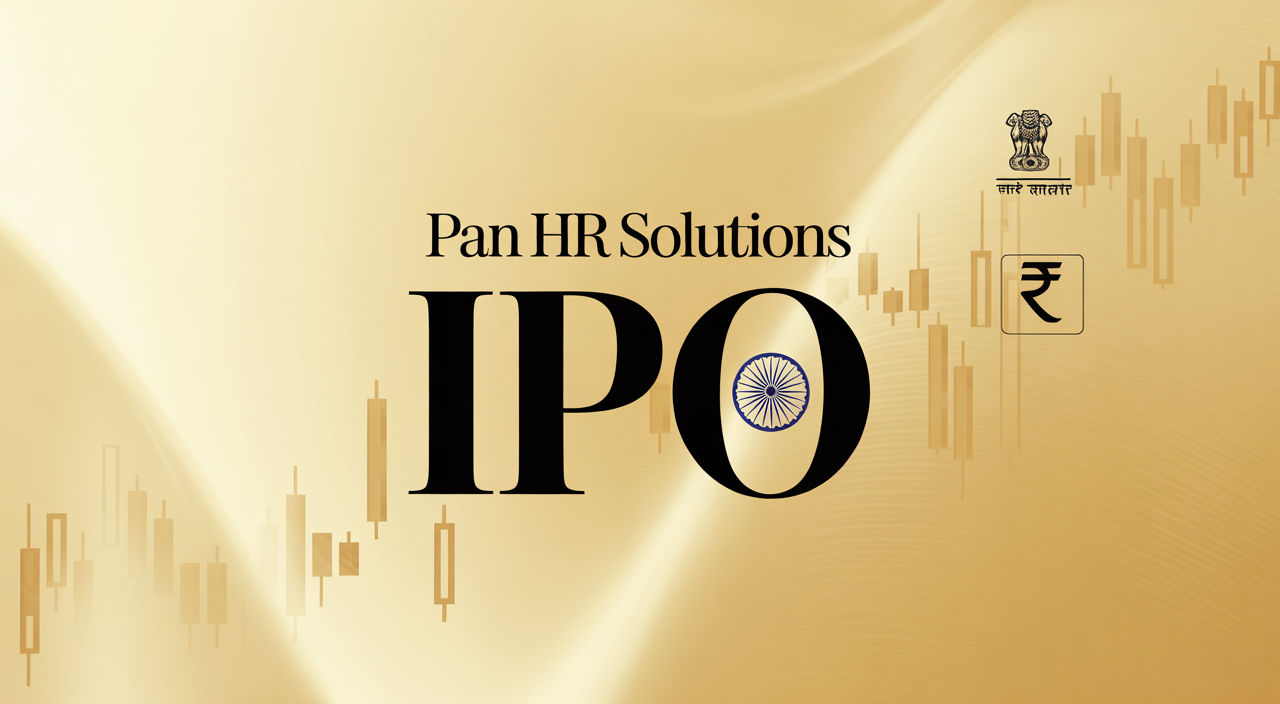Choosing someone to manage your money is a big decision. It’s like picking a co-pilot for your financial journey. You want someone trustworthy, skilled, and who truly understands your goals.
For Indian investors, this choice has unique aspects. Our markets, tax laws, and family financial dynamics are different. Asking the right questions upfront can save you a lot of trouble, helping secure your financial future.
This guide will help you understand what to ask. We will cover crucial areas to make sure you find a partner who truly fits your needs. Let’s ensure your wealth grows safely and smartly.
The Foundation: Credentials, Trust, and Regulatory Compliance
Before you trust anyone with your hard-earned money, you need to know their background. This means checking their official standing and experience. Regulatory compliance is key in India.
1. Are you SEBI Registered? What is your specific registration (RIA, MFD)?
This is perhaps the most important question. SEBI stands for the Securities and Exchange Board of India. It’s the main regulator for our stock market and investment services. A SEBI registration means the firm or person meets certain standards.
Ask if they are a SEBI Registered Investment Advisor (RIA) or a Mutual Fund Distributor (MFD). An RIA offers advice and charges a fee for it. An MFD sells mutual fund products, earning commissions from those products. This difference is vital. It tells you if their advice is purely for your benefit, or if they have an incentive to sell specific products.
2. What are your qualifications, experience, and areas of specialization?
Just like you wouldn’t go to a general doctor for heart surgery, you need specialized financial expertise. Ask about their educational background and certifications like CERTIFIED FINANCIAL PLANNER (CFP) or Chartered Financial Analyst (CFA). These show a high level of professional knowledge.
Also, ask about their experience. How long have they been in the business? Do they have experience working with clients similar to you? For instance, if you are a high-net-worth individual (HNI) or an NRI, or perhaps someone planning for retirement, their specialization should match your specific needs.
3. Can you provide references from existing clients, particularly in India?
A good track record speaks volumes. Ask if you can speak to a few of their current clients. This allows you to hear firsthand about their experience. You can ask about the advisor’s responsiveness, the clarity of their communication, and the overall satisfaction with their services.
While references might be carefully selected, they offer valuable insights. They help you gauge client satisfaction and verify the advisor’s claims. This step is a crucial part of your due diligence.
The Service Offering: What Will They Do For You?
A good wealth manager does more than just pick stocks. They create a holistic plan for your entire financial life. This plan should be unique to you and your family.
4. What is your investment philosophy and approach to risk management?
Every advisor has a core belief about how money should be invested. Some prefer aggressive growth, while others focus on preserving capital. Understand their investment philosophy. Does it align with your own comfort level with risk and your long-term goals?
Ask how they handle market downturns or unexpected events. For example, do they rebalance, diversify, or use specific protection strategies? A clear risk management strategy is essential. This ensures your portfolio is protected during volatile times and helps you stay calm.
5. What specific wealth management services do you offer, and how are they tailored for Indian investors?
Beyond just investments, wealth management includes several vital areas. Ask if they offer comprehensive financial planning, which looks at your entire financial picture. This can include retirement planning, children’s education funding, and succession planning.
For Indian investors, specific services are crucial. Make sure they understand local nuances, such as:
- Tax planning (understanding Indian capital gains, deductions, and tax-efficient products like ELSS, PPF, NPS)
- Estate planning
- Advice on real estate
To learn more about how expert financial guidance can transform your future, explore their comprehensive services.
6. How will you manage my portfolio, and how often will it be reviewed and rebalanced?
Managing a portfolio isn’t a “set it and forget it” task. It requires ongoing attention. Ask about their process for monitoring your investments. How often do they review your portfolio to ensure it’s still aligned with your goals and risk tolerance?
Regular rebalancing is important to keep your investments on track. Understanding their systematic review process helps you know what to expect. It shows their commitment to active management.
7. How do you incorporate Indian market insights and global opportunities into my strategy?
India is a unique market with its own cycles and opportunities. Your advisor should have a deep understanding of local economic trends and regulatory changes. They should also be aware of global market dynamics if you’re interested in international diversification.
Ask how they stay updated and how they blend this knowledge into your personal strategy. This ensures your investments are relevant to current conditions. It also helps you tap into broader growth opportunities.
Transparency & Fees: Understanding the Costs and Conflicts
Cost is a major factor, but transparency is even more important. You need to know exactly what you’re paying for and if there are any hidden interests.
8. How are your fees structured, and what is the total cost of your services?
Fees can be tricky, so ask for a clear breakdown. Is it a “fee-only” model, where you pay a flat fee or a percentage of assets under management (AUM) for advice, and they don’t earn commissions? Or is it “fee-based,” meaning they might charge a fee but also earn commissions from products they sell?
Ensure you understand all costs, and get them in writing. This ensures no surprises later. Key costs include:
- Advisory fees
- Transaction fees
- Fund expense ratios
- Any other charges
9. Do you have any potential conflicts of interest? If so, how do you manage them?
This question gets to the heart of trust. A conflict of interest arises if your advisor stands to gain financially from certain investment choices you make. For example, if they earn a higher commission by selling you one fund over another.
A truly client-centric advisor will be transparent about any potential conflicts. They will explain how they manage these situations to ensure they always act in your best interest. This is known as a “fiduciary duty,” and it is a strong indicator of an ethical advisor.
10. How do you benchmark performance, and how will my returns be reported?
You need to know how your investments are performing. Ask how they measure success. Do they benchmark against a relevant market index (like the Nifty 50 or Sensex)? More importantly, do they measure performance against your personal financial goals?
Also, inquire about the frequency and clarity of their performance reports. You should receive regular, easy-to-understand statements. These reports should clearly show your returns and the growth of your investment portfolio management.
Communication & Relationship: Building a Long-Term Partnership
Your relationship with your wealth manager is a long-term one. Good communication and a strong personal fit are vital for success.
11. What is your typical client communication frequency and preferred method?
How often will you hear from them? Will it be quarterly, annually, or as needed? What’s their preferred way to communicate phone, email, video calls, or in-person meetings? Set clear expectations from the start.
Good communication ensures you’re always updated and feel heard. For example, knowing you’ll receive a quarterly update can offer significant peace of mind. It’s important that their communication style matches what you need and prefer. This helps build a comfortable and effective working relationship.
12. How will you adapt my financial plan as my life circumstances or goals change?
Life is dynamic. You might get married, have children, change jobs, or face unexpected challenges. Your financial plan needs to be flexible enough to adapt. Ask how they incorporate these changes into your strategy.
A good wealth manager doesn’t create a static plan. They build a living document that evolves with you. Their ability to adjust and respond to your changing needs is a sign of a truly dedicated partner.
13. What happens if my primary advisor leaves your firm or I’m unhappy with your services?
It’s important to consider contingencies. If your main advisor moves on, who will take over your account? What is the firm’s succession plan? This ensures continuity of service.
Also, ask about their process for handling client dissatisfaction. A reputable firm will have a clear mechanism for addressing concerns. Knowing these details gives you peace of mind.
Beyond the Questions: Final Due Diligence for Indian Investors
Asking the right questions is a great start. But a little extra checking goes a long way. This is your money, after all.
Red Flags to Watch Out For
- Promises unrealistic returns
- Pressures you into quick decisions
- Is not transparent about their fees
- Lacks SEBI registration (a definite red flag)
- Seems overly focused on selling specific products rather than understanding your comprehensive needs
The Power of Your Gut Feeling
After all the logical checks, trust your intuition. Do you feel comfortable and respected? Do they listen more than they talk? A good relationship is built on trust and mutual understanding. If something feels off, it probably is.
Verify, Verify, Verify
Always cross-check claims. You can verify SEBI registration on the official SEBI website. Look for independent online reviews or forums. Don’t hesitate to ask for more information if something is unclear. Making an informed choice is your best investment.
Conclusion: Empowering Your Choice for Financial Success
Choosing a wealth management partner is a significant step towards achieving your financial goals. By asking these key questions, you empower yourself to make a confident and informed decision. You are building a partnership that will guide you through various life stages and market conditions.
Take your time, be thorough, and choose a partner who aligns with your values and understands the unique landscape of an Indian investor. Your financial success depends on it. Ready to take the next step towards securing your financial future? Start your wealth journey with a trusted partner today.










